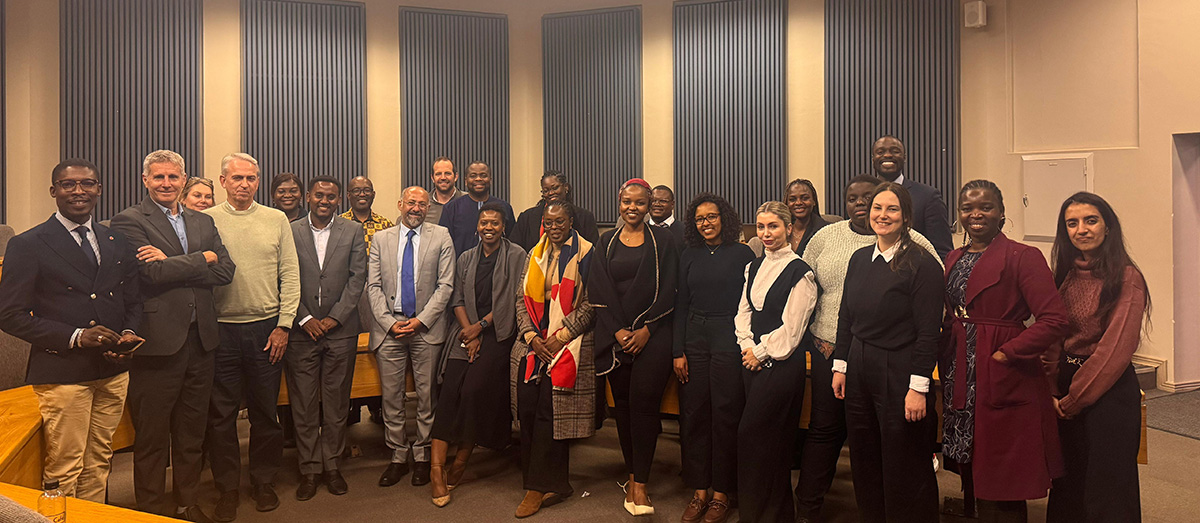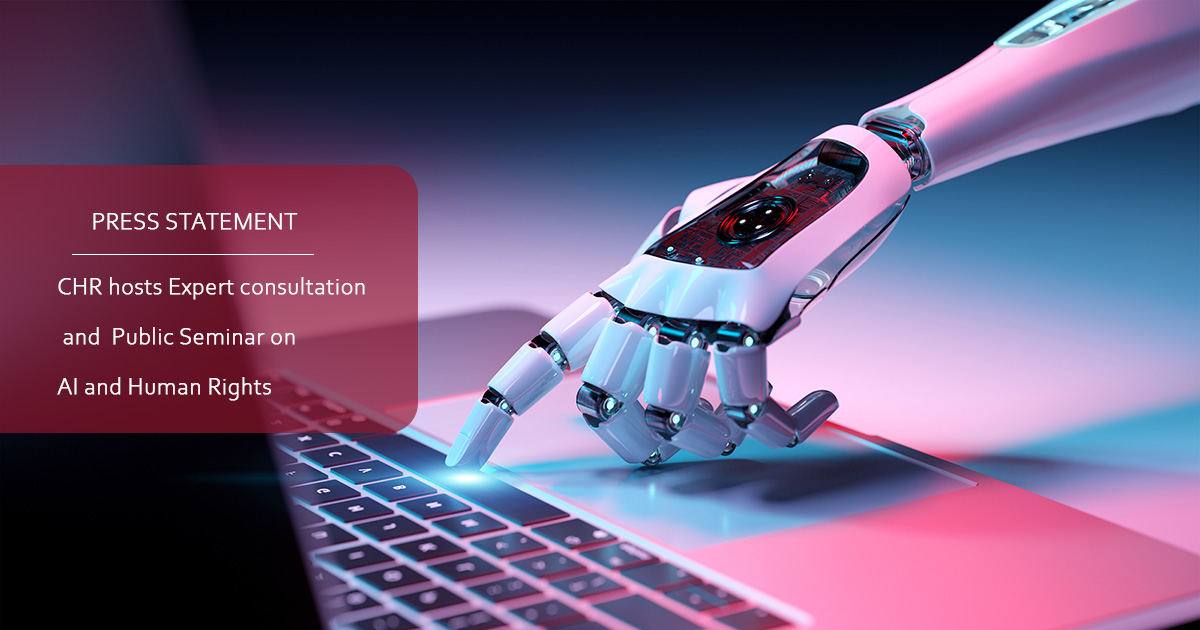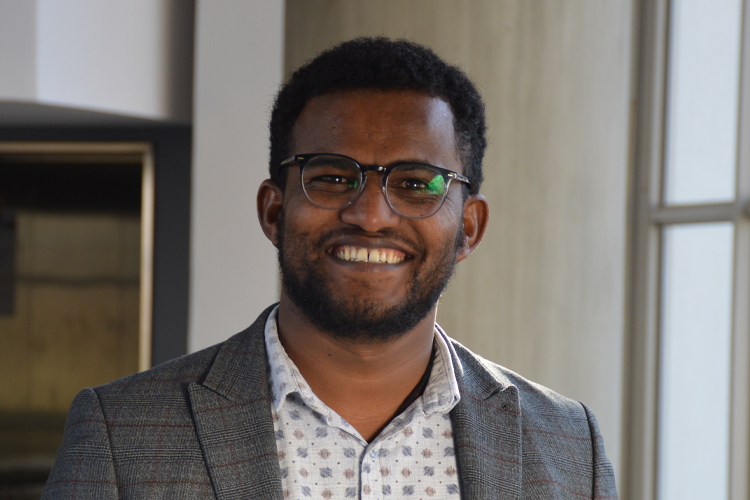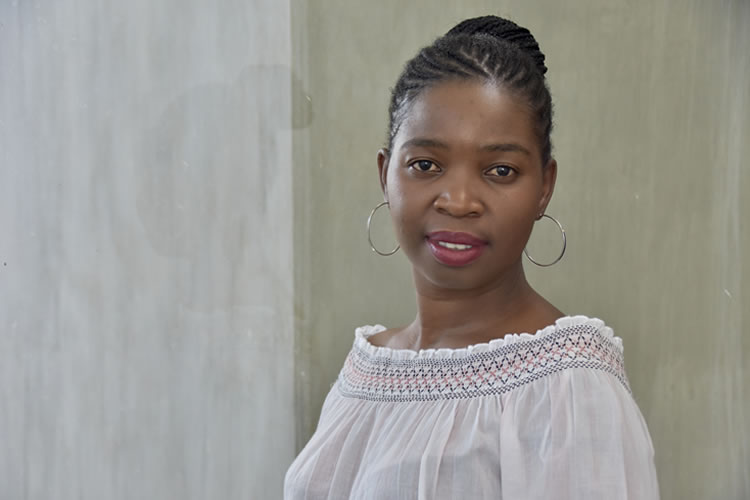On 15 July 2025, the Centre for Human Rights, Faculty of Law, University of Pretoria, together with the Accelerator Fellowship Programme of the Institute for Ethics in AI (University of Oxford) and the African Observatory for Responsible AI under the Global Center on AI Governance, hosted an expert consultation and public seminar on the theme ‘Do we need a new AI Bill of human rights?’ The event took place at the SRC Chambers at the UP Conference Centre, Hatfield Campus, University of Pretoria, in Pretoria, South Africa. It began with welcoming remarks from representatives of the three convening institutions, who highlighted the importance of the dialogue, welcomed participants, and expressed appreciation for their presence and engagement.
The closed expert consultation, moderated by Professor Yuval Shany, focused on the intersection of artificial intelligence (AI) and international human rights law, with particular attention to regional perspectives and the potential contribution of African human rights mechanisms to global regulatory discussions. Drawing from a background presentation, participants examined the main human rights risks posed by new and emerging AI technologies and assessed whether existing international human rights law provides adequate protections. The conversation addressed normative gaps, enforcement challenges and the legitimacy of international human rights law as a regulatory framework for non-state actors in this context. The discussions also considered whether new concepts, principles or rights are needed to address the evolving digital landscape and what vehicles, such as treaties, declarations or interpretive statements, might facilitate their introduction. Further issues explored included the extent to which international human rights law could be adapted and applied to AI-related regulatory tools such as risk assessments and due diligence frameworks, the role of regional and international human rights bodies in monitoring AI impacts and the need for institutional capacity building. Participants also reflected on the feasibility of pursuing a global or regional AI Bill of Rights and the potential content and structure of such an instrument. Consideration was given to whether other regulatory regimes, such as competition law, private law and technological standards, could complement or substitute international human rights law in addressing AI harms.

The closed session was then followed by a public seminar that continued the discussion with a wider audience, including participants from the expert consultation and additional registered attendees from diverse backgrounds such as academia, civil society, government, and international institutions. The seminar was moderated by Dr Fola Adeleke, Executive Director of the Global Center on AI Governance. The panel featured Professor Yuval Shany, Hersch Lauterpacht Chair in Public International Law at the Hebrew University of Jerusalem and the inaugural Accelerator Fellow at the Institute for Ethics in AI at the University of Oxford; Professor Emma Ruttkamp-Bloem, Head of the Department of Philosophy at the University of Pretoria and Chairperson of the UNESCO World Commission on the Ethics of Scientific Knowledge and Technology (COMEST); and Professor Jake Okechukwu Effoduh, Assistant Professor of Law at the Lincoln Alexander School of Law in Toronto. The discussion revisited whether existing international human rights instruments are adequate to regulate the development and use of AI, whether new rights tailored to the AI context may be necessary, and how African regional institutions can contribute to shaping global governance norms in this field.
The Centre for Human Rights and its partners express their gratitude to all participants and reaffirm their commitment to supporting collaborative, inclusive and human rights based approaches to AI governance, grounded in both global and regional dialogue, and guided by the imperative to ensure that African and Global South voices are meaningfully represented in the development and implementation of regulatory mechanisms that harness the opportunities and address the risks posed by AI technologies.
Watch the public Webinar:
For more information, please contact:
Tel: +27 (0) 713362225
henok.kremte@up.ac.za
Tel: +27 (0) 12 420 4199
Hlengiwe.Dube@up.ac.za




